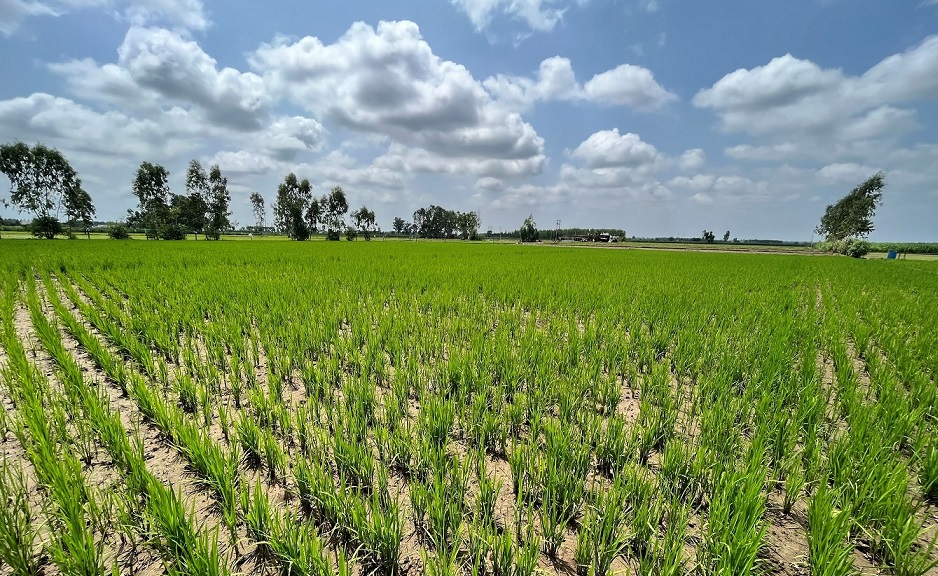Bayer, GenZero and Shell Launch Program to Address Emissions from Rice Farming

Life science company Bayer, decarbonization solutions-focused investment platform GenZero and Shell subsidiary Shell Energy India Private Limited announced the launch of a new collaboration aimed at addressing methane emissions from rice farming.
According to World Bank estimates, rice is responsible for 10% of global methane emissions. Rapid reduction in methane emissions is seen as one of the most effective near-term actions that can be taken in order to help achieve the global climate goal to limit warming to 1.5°C. Methane is an extremely potent greenhouse gas, with as much as 80x the warming power of CO2.
Flora Ji, Vice President Nature Based Solutions at Shell, said:
“Nature-based solutions, like this rice cultivation project, are an important additional tool in addressing climate change and contributing to sustainable development. We look forward to the outcome of this program to further strengthen capabilities and leverage novel technologies to deploy nature-based solutions at scale.”
The new collaboration aims to develop a model showcase the scalability of methane emissions reduction in rice cultivation, through a proposed approach utilizing Measurement, Reporting & Verification (MRV) mechanisms incorporating remote sensing technology, and involving training, support, and guidance for smallholder farmers.
Additional benefits expected from the program include water savings, soil health improvement, and enhanced community livelihoods for smallholder rice farmers.
Simon-Thorsten Wiebusch, Country Divisional Head, Crop Science Division of Bayer for India, Bangladesh & Sri Lanka said:
“Bayer’s commitment to rice cultivation is two-fold. Through our focus on rice, we want to solve two of the biggest challenges impacting humanity, namely, food security and climate change. With this program, we aim to get more insights into how regenerative agricultural practices can contribute to mitigating climate change by way of methane emission reductions, water conservation, soil health improvements and drive sustainable development of smallholder farmers.”
Over the past two years, Bayer has initiated a pilot Sustainable Rice Project across India, which began by encouraging rice farmers to switch to Alternate Wetting and Drying (AWD), utilizing intermittent flooding instead of continuously flooding fields, and Direct Seeded Rice (DSR) that involves no transplanting operations and very limited flooding.
Under the new collaboration, the partners said that they aim to scale up the program’s coverage to 25,000 hectares over the 2023-24 seasons.
Frederick Teo, CEO of GenZero said:
“With this program, we aim to transform the future of rice cultivation by driving the adoption of alternative wetting and drying as well as direct seeding techniques across smallholder farmers in India. The aim is to reduce the amount of water required for farming across many water-stressed agricultural regions in India and reduce methane emissions arising from rice cultivation, supporting the transition of the agricultural industry towards a low-carbon future.”